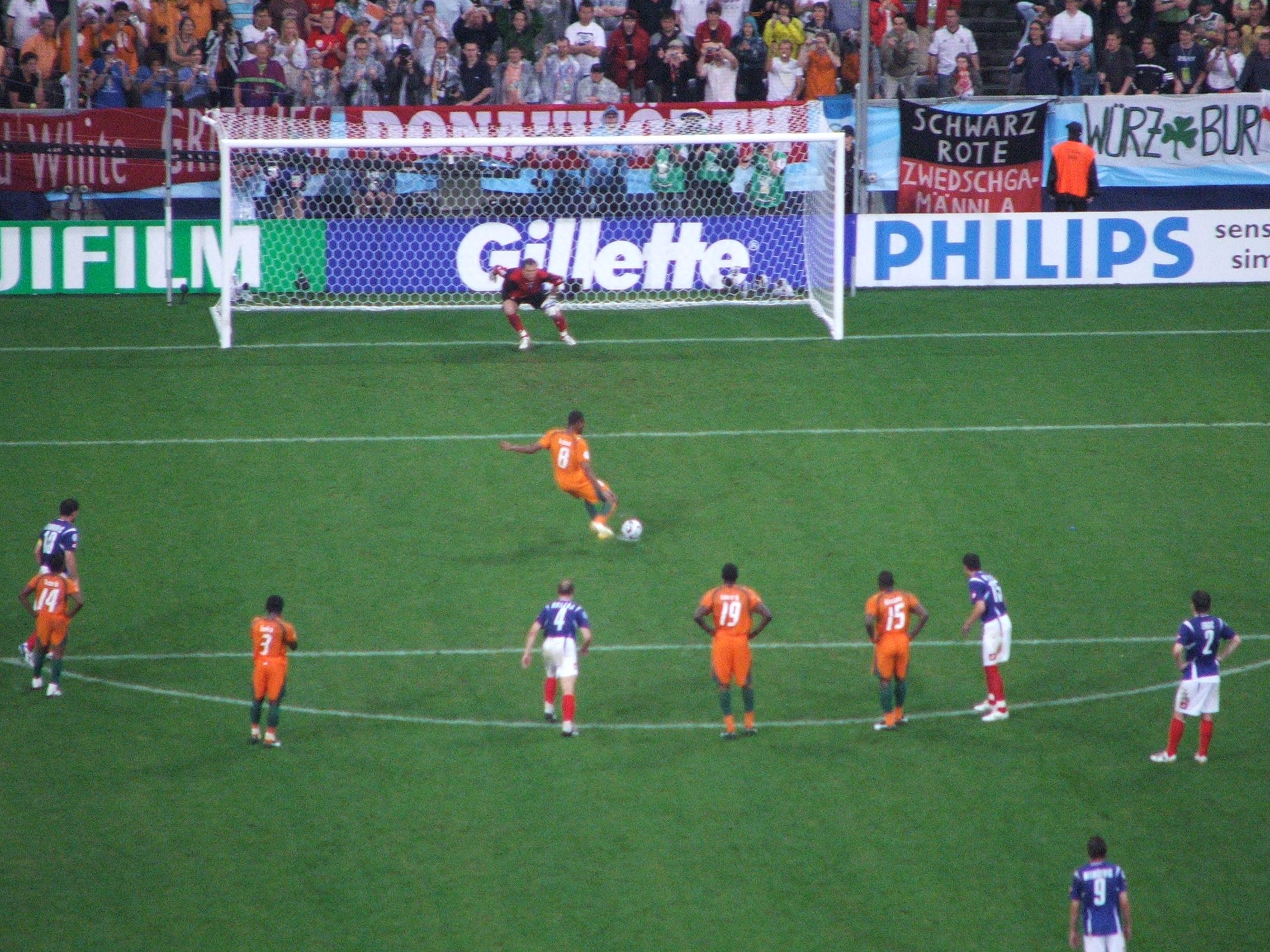Why have there been so many penalty kicks at the WC?
The 2018 World Cup in Russia has already been heralded as one of the most exciting tournaments in recent years, and a recurring theme of the tournament so far has been penalty kicks. Whether it be Lionel Messi and Cristiano Ronaldo seeing their penalties saved by underdog goalkeepers or Harry Kane burying two near-identical spot kicks into the “top bins” of the Tunisian goal, it has been difficult to ignore the more prominent role that penalties seem to have taken before we have even had the pleasure of witnessing a penalty shootout. Ronaldo’s penalty miss against Iran was the 19th penalty awarded in the 2018 World Cup, surpassing the previous record of 18 set in Japan and South Korea in 2002.
Referees feel emboldened to give more penalty kicks as they are aware that a wrong decision can be over-turned
The increase in the frequency of penalties can be in part attributed to the introduction of VAR, the Video Assistant Referee, at this tournament. The ability to review penalty appeals that referees may have previously ignored has allowed referees to view contentious incidents multiple times in slow motion and overturn their original decision when they have missed an infringement. This has allowed clear penalties to be awarded to Sweden in their game against South Korea and to Peru in their game against Denmark when the referee had initially made an error. A secondary, less verifiable impact of the introduction of VAR could also be that referees feel emboldened to give more penalty kicks as they are aware that a wrong decision can be over-turned, removing the inhibition to give a penalty without complete certainty. This may take longer to have a noticeable effect, but it must be said that a similar change has accompanied the introduction of video technology to officiating in other sports such as cricket, where umpires have been more inclined to give batsman out leg before wicket since the introduction of ball tracking technology.
However, it would be wrong to solely attribute the increase in the number of penalties to the introduction of VAR. Debates can be had over whether the increasing or decreasing skill of attackers and defenders or the prevalence of diving are responsible, but it is a simple fact that the number of penalties that are awarded has increased in recent years compared to previous decades. For example, less than 80 penalties were awarded in the English Premier League in every season during the ten-year period from the 1995/1996 season until the 2005/2006 season. In the following ten-year period covering the 2006/2007 season up until the 2016/2017 season, at least 80 penalties were awarded in every season. Therefore, it is simplistic to blame VAR alone for the rise in the number of penalties given.
VAR may even allow the number of penalties to reduce in the future by helping to remove cynical actions from the game
Critics of VAR have been quick to jump upon some of the more questionable decisions it has resulted in to lampoon it. In their Group B match with Portugal, Iran were awarded a penalty for handball by the referee following a consultation with VAR in what can only be described as a ridiculous decision. However, the introduction of VAR was never envisaged as being able to completely remove human error, which will rightly always exist as long as a referee remains in charge of the final decision on the pitch. Ultimately, more correct decisions than wrong decisions have been achieved overall because of VAR and so it has had a beneficial impact on the quality of refereeing. The application and decision-making process of VAR will only improve as referees become more accustomed to its usage, allowing the number of errors which have been witnessed due to VAR to gradually reduce, even if they will never be eradicated.
VAR is here to stay, and it will enhance the beautiful game by favouring fair, attacking football. VAR may even allow the number of penalties to reduce in the future by helping to remove cynical actions from the game by acting as a deterrent. Defenders will no longer be able to wrestle and manhandle the opposition during set pieces if VAR is used correctly to punish these offences, as it was during the England and Panama match. Furthermore, VAR could help to remove diving from the game as attackers will no longer be able to benefit from it in the penalty box, as was seen with the reversal of a penalty decision originally given in favour of Neymar against Costa Rica.

Comments